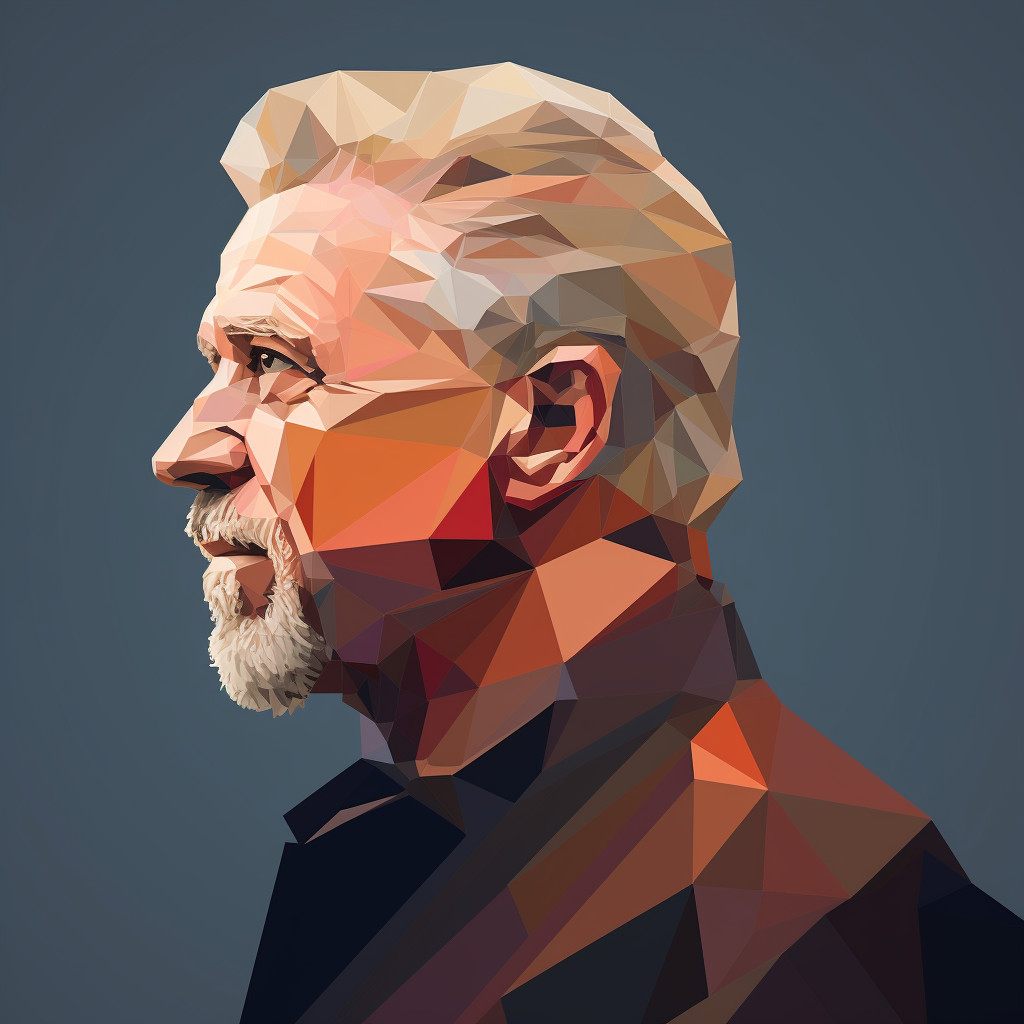'Excuse' Quotes
Excuse quotes have been a source of inspiration and motivation for individuals and society for centuries. These quotes remind us that excuses are just a way of avoiding responsibility and that we should take ownership of our actions. They encourage us to push through obstacles and challenges, rather…Read More
Excuse quotes have been a source of inspiration and motivation for individuals and society for centuries. These quotes remind us that excuses are just a way of avoiding responsibility and that we should take ownership of our actions. They encourage us to push through obstacles and challenges, rather than using excuses as a crutch. Throughout history, famous figures such as Thomas Edison, Albert Einstein, and Maya Angelou have emphasized the importance of not making excuses and taking action. These quotes have stood the test of time because they speak to the universal truth that excuses only hold us back from reaching our full potential. They continue to inspire and empower people to overcome their excuses and achieve greatness.Read Less
Excuse quotes have been a source of inspiration and motivation for individuals and society for centuries. These quotes remind us that excuses are just a way of avoiding responsibility and that we should take ownership of our actions. They encourage us to push through obstacles and challenges, rather than using excuses as a crutch. Throughout history, famous figures such as Thomas Edison, Albert Einstein, and Maya Angelou have emphasized the importance of not making excuses and taking action. These quotes have stood the test of time because they speak to the universal truth that excuses only hold us back from reaching our full potential. They continue to inspire and empower people to overcome their excuses and achieve greatness.
180 Notable 'Excuse' Quotations and Sayings
Excuse – Symbolic Value
The concept of excuse is deeply ingrained in our society and has a significant symbolic value. It is often used as a defense mechanism to justify our actions or inactions. Excuses are a way to shift the blame or responsibility onto something or someone else, allowing us to avoid facing the consequences of our actions. This symbolic value of excuse can be seen in various aspects of our lives, from personal relationships to societal norms.In personal relationships, excuses are often used to avoid taking responsibility for our mistakes. We may use excuses such as being too busy or tired to spend time with our loved ones, instead of admitting that we simply do not prioritize them. This symbolic value of excuse can also be seen in the workplace, where employees may use excuses to justify their poor performance or lack of productivity.
Excuse – Cultural and Historical Significance
The concept of excuse has a long history and cultural significance. In ancient Greece, the concept of excuse was closely tied to the idea of fate. The Greeks believed that everything happened for a reason and that individuals were not fully responsible for their actions. This belief gave rise to the concept of excuse, where individuals could use external factors such as fate or the gods to justify their actions.In many cultures, excuses are also used as a way to save face and maintain social harmony. In Japan, for example, the concept of “gaman” or enduring the unendurable is deeply ingrained in the culture. This often leads to individuals making excuses for their own suffering or hardships, rather than openly expressing their emotions.
Excuse – Common Themes in Motivational Contexts
In motivational contexts, the concept of excuse is often used to encourage individuals to take responsibility for their actions. Excuses are seen as a hindrance to personal growth and success, and motivational speakers often urge individuals to stop making excuses and take charge of their lives. This is because excuses can become a self-fulfilling prophecy, where individuals use them as a crutch to avoid taking risks or facing challenges.Common themes in motivational contexts include the idea that excuses are a form of self-sabotage and that taking ownership of our actions is crucial for personal development. By acknowledging our excuses and working to overcome them, we can break free from self-imposed limitations and achieve our goals.
Excuse – Portrayal in Art and Media
The concept of excuse has been portrayed in various forms of art and media, from literature to film and television. In many cases, excuses are used as a plot device to create conflict and tension. For example, in Shakespeare’s play “Hamlet,” the protagonist uses excuses to delay taking revenge on his uncle for killing his father.In modern media, excuses are often portrayed as a negative trait, with characters who make excuses being seen as weak or unreliable. This reinforces the idea that excuses are a hindrance to personal growth and success.
Excuse – Impact on Understanding of Life and Society
The concept of excuse has a significant impact on our understanding of life and society. It highlights the complex nature of human behavior and the ways in which we rationalize our actions. Excuses can also reveal underlying societal issues, such as the pressure to conform to certain norms or the fear of failure.Moreover, the prevalence of excuses in our society can also hinder progress and accountability. When individuals are constantly making excuses, it becomes difficult to hold them accountable for their actions. This can have a detrimental effect on relationships, organizations, and society as a whole.In conclusion, the concept of excuse holds a deep symbolic value and has a significant impact on our understanding of life and society. It is a complex and multifaceted concept that has been explored in various contexts, from personal relationships to art and media. By acknowledging and overcoming our excuses, we can take ownership of our actions and strive towards personal growth and success.













